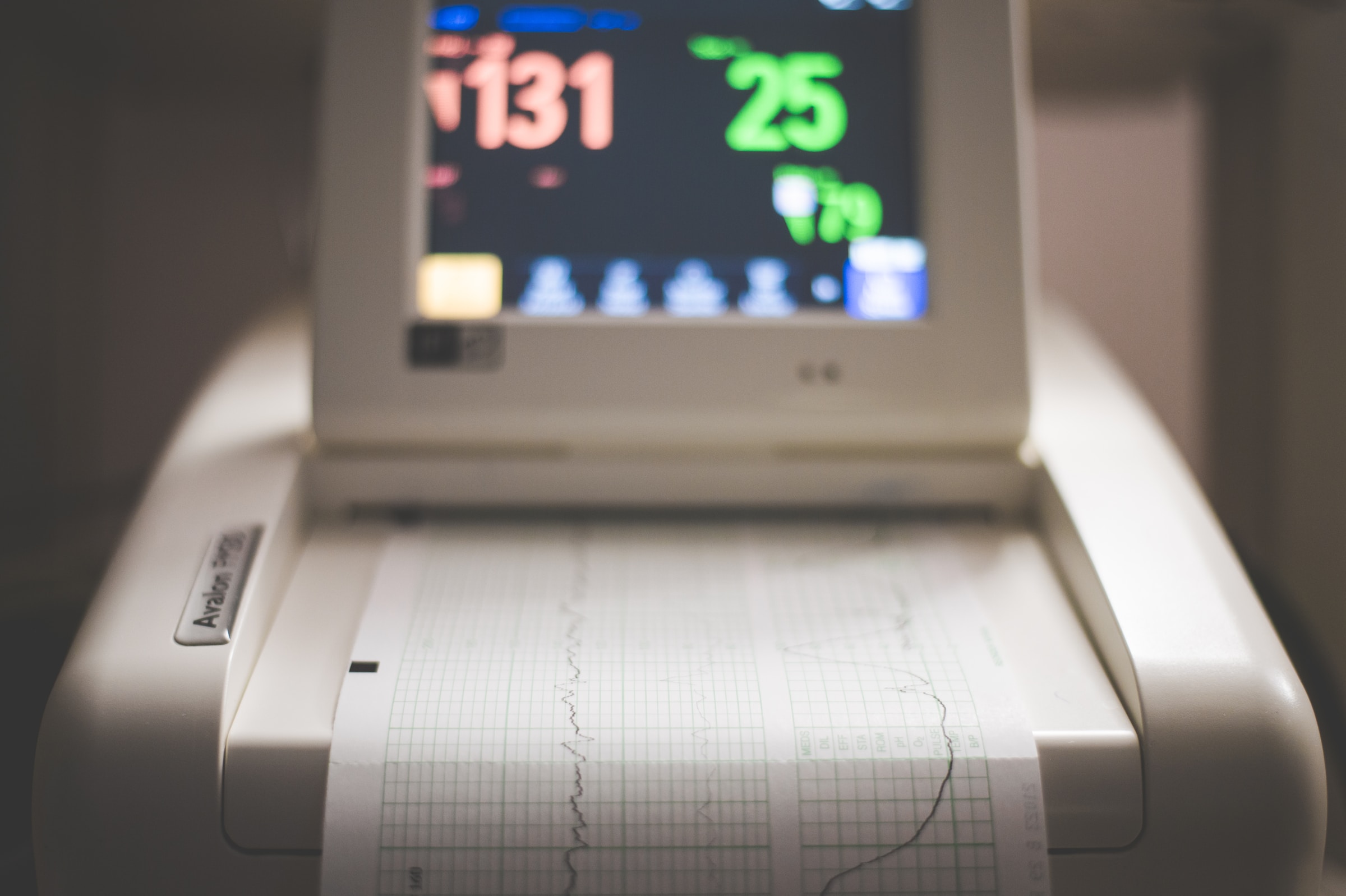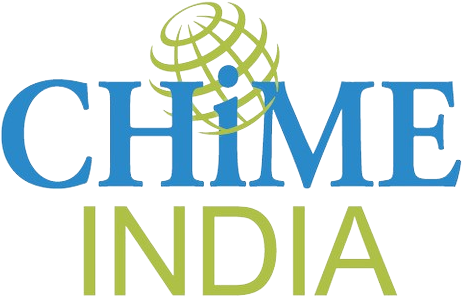Written by : Aishwarya Sarthe
February 12, 2024

The committee stresses the importance of strategic interventions to bolster the competitiveness of the domestic medical device industry.
Parliament’s Department-related Standing Committee (DRSC) on Chemicals and Fertilizers has recently put forth recommendations to the government, urging measures to support the domestic manufacturing of medical devices.
These recommendations include reducing goods and services tax (GST) rates, providing short-term custom-duty concessions on imported components, and extending the Phased Manufacturing Programme (PMP) to cover more medical devices.
Addressing the necessity of government support in making domestic products more competitive, Dr Shashi Tharoor, the panel's chairman, said, "The medical devices sector is at a nascent stage of development, and to promote private investment, it is necessary to make domestic products competitive."
The committee's report highlights the challenges faced by domestic manufacturers in the medical device sector. High GST rates of around 12% to 18% on domestically produced medical devices, coupled with lower custom duty on imported finished devices, have led to a significant reliance on imports, creating hurdles for local manufacturers. This discrepancy in tax structures has created a vicious circle of high import dependence in the sector.
In response to these challenges, the committee recommends reducing GST rates on domestically manufactured medical devices. By aligning GST rates with international standards, the aim is to enhance the competitiveness of Indian products in the global market and promote the 'Make in India' initiative.
Furthermore, the committee proposes providing short-term custom duty concessions on the import of essential components used in medical device manufacturing. This measure is intended to bridge the gap until the domestic industry achieves self-sufficiency in producing raw materials and parts.
The committee underscores the importance of extending PMP to cover more medical devices. This program aims to increase domestic manufacturing capacity by gradually increasing basic custom duty on specified medical devices and components. Moreover, by extending the PMP, the government can further stimulate local manufacturing and reduce import dependency.
Additionally, the committee identifies various impediments hindering the growth of the medical device industry, including minimal investment in research and development, tax concessions, and the problem of inverted duty structure. To address these challenges, the committee calls for immediate government attention and action to create a conducive environment for industry growth.
Despite the challenges, India's medical device industry holds immense growth potential. With the sector projected to reach $50 billion by 2030, there is a significant opportunity for India to emerge as a global manufacturing hub for medical devices. However, unlocking this potential requires concerted efforts from both the government and industry stakeholders.
Previously, during pre-budget talks, the Association of Diagnostic Manufacturers of India (ADMI) urged removing the inverted duty structure, discontinuing the import of refurbished medical devices permitted in the last budget.
The industry body presented a comprehensive list of demands to the central government, urging prompt action to bolster the medical devices sector.
The successful implementation of these recommendations could revolutionize India's healthcare sector by fostering a robust domestic manufacturing ecosystem. It would not only enhance self-reliance but also position India as a global manufacturing hub for medical devices.
As India continues its journey towards becoming a self-reliant nation in medical device manufacturing, concerted efforts from both the government and industry stakeholders will be crucial. By addressing regulatory hurdles, investing in research and development, and fostering innovation, India can unlock its true potential in the medical device sector.
The College of Healthcare Information Management Executives (CHIME) is an executive organization dedicated to serving senior digital health leaders. CHIME includes more than 5,000 members in 56 countries and two US territories and partners with over 150 healthcare IT businesses and professional services firms. CHIME enables its members and business partners to collaborate, exchange ideas, develop professionally and advocate the effective use of information management to improve the health and care throughout the communities they serve. CHIME's members are chief information officers (CIOs), chief medical information officers (CMIOs), chief nursing information officers (CNIOs), chief innovation officers (CIOs), chief digital officers (CDOs), and other senior healthcare leaders. The CHIME India Chapter became the first international chapter outside North America in 2016 and is now a community of over 70+ members in India. For more information, please visit www.chimecentral.org
